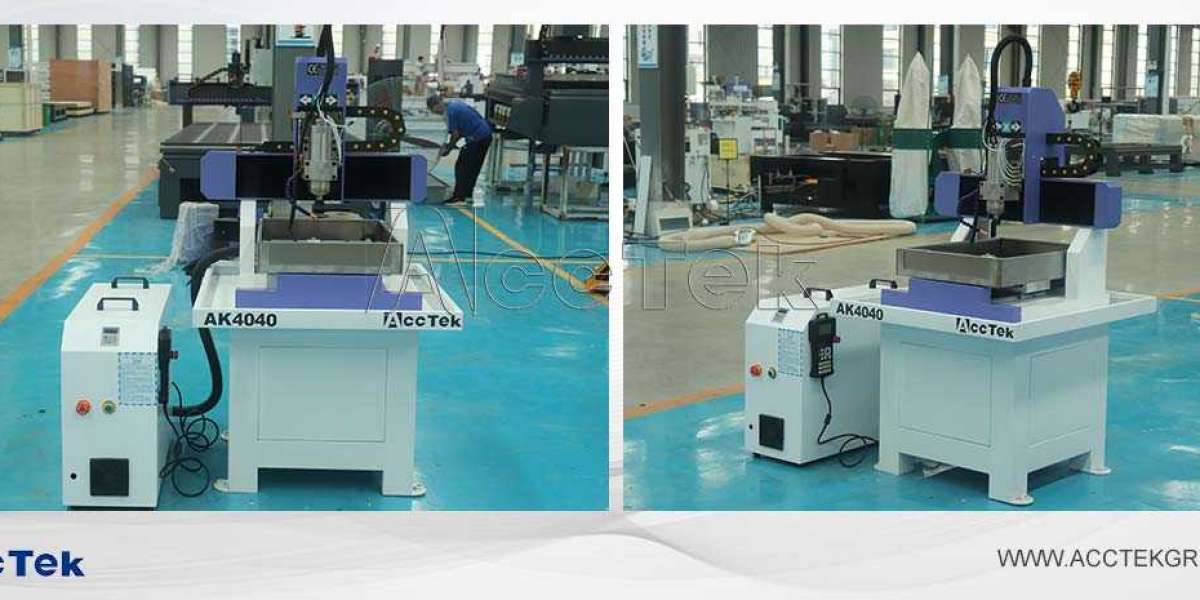Do you remember when a man died due to the explosion of a fake Samsung mobile phone? In another case, around 100 people in Pakistan died by taking fake heart medicine. Both of these incidents took place in different industries, but will you believe me if I say that the main reason for both is the same? Counterfeit products are a big concern when it comes to a brand. It is because they can possibly destroy the reputation of the company.
What else can fake products do to a brand? How can we eliminate the intrusion of counterfeit products into the supply chain?– Let us dig in!
Counterfeits Are The Ultimate Enemies For A Brand
Fake goodies have become a growing concern that affects both customers and legitimate businesses. Having a transparent supply chain is essential to prevent the circulation of fakes. Thus, businesses should take proper preventive measures to guard their brand and reputation against being tarnished by fake products.
A fake product can affect a genuine business, pushing it to lose money as well as reputation. Moreover, customers also need to be aware of duplicates and put some effort to avoid purchasing them.
How Can Blockchain Remove Fakes from Supply Chain?
Blockchain can be the perfect solution to filter out fake products by providing tamper-proof and transparent supply chain records. Thus, it makes it easy for manufacturers and customers to trace and cross-verify the authenticity of a specific product. It is possible to achieve this when incorporating the best blockchain smart contracts development services.
Also, blockchain can increase traceability, helping to find and stop the sales of counterfeits into the market. The immutable ledger keeps track of a product’s journey end-to-end, from manufacturing to distribution. With that, end users can know all the manufacturing details while purchasing.
Application Of Blockchain To Remove Fake Drugs
Let us explain the working of blockchain in a real-time use case. Consider a pharmaceutical company that distributes more than a thousand varieties of medicinal drugs into the market. This is how the supply chain will work after incorporating blockchain technology.
1– Firstly, the manufacturer will create the medicine using the required raw materials. Then, the manufacturer will pack the medications and send them to the distributor.
2– Then, the distributor will receive the receipt of the medicine and keep a record of its movement on the blockchain.
3– Later, the wholesaler will receive the package from the distributor and check the legitimacy and the product journey on the blockchain.
4– Now, the pharmacy owner will re-check the medications’ legitimacy and register their movement on the blockchain.
5– Finally, the user will purchase the medicine and can verify the product’s details like ingredients, manufacturer, manufacturing date, seller name, expiration date, and others by scanning the blockchain-based QR code on the top of the packaging.
If you notice carefully, each and every step given above focuses on confirming the legitimacy of the medication. Thus, it is easy to spot the fakes and ensure the quality of the drugs. Besides, it is also possible to identify and stop the manufacturing and distribution of counterfeit medicines. However, you will need the aid of a smart contract development company to streamline the process.
Future Of Blockchain In Supply Chain
Ultimately, blockchain technology has definitely offered us a promising solution to ensure the authenticity of a product. On the other hand, it also has many potential future applications when incorporated with other technologies like AI and IoT. By combing all these technologies, we can enhance the outcomes in a sophisticated way, reducing the risk of fake, forgery, and product tampering too.



